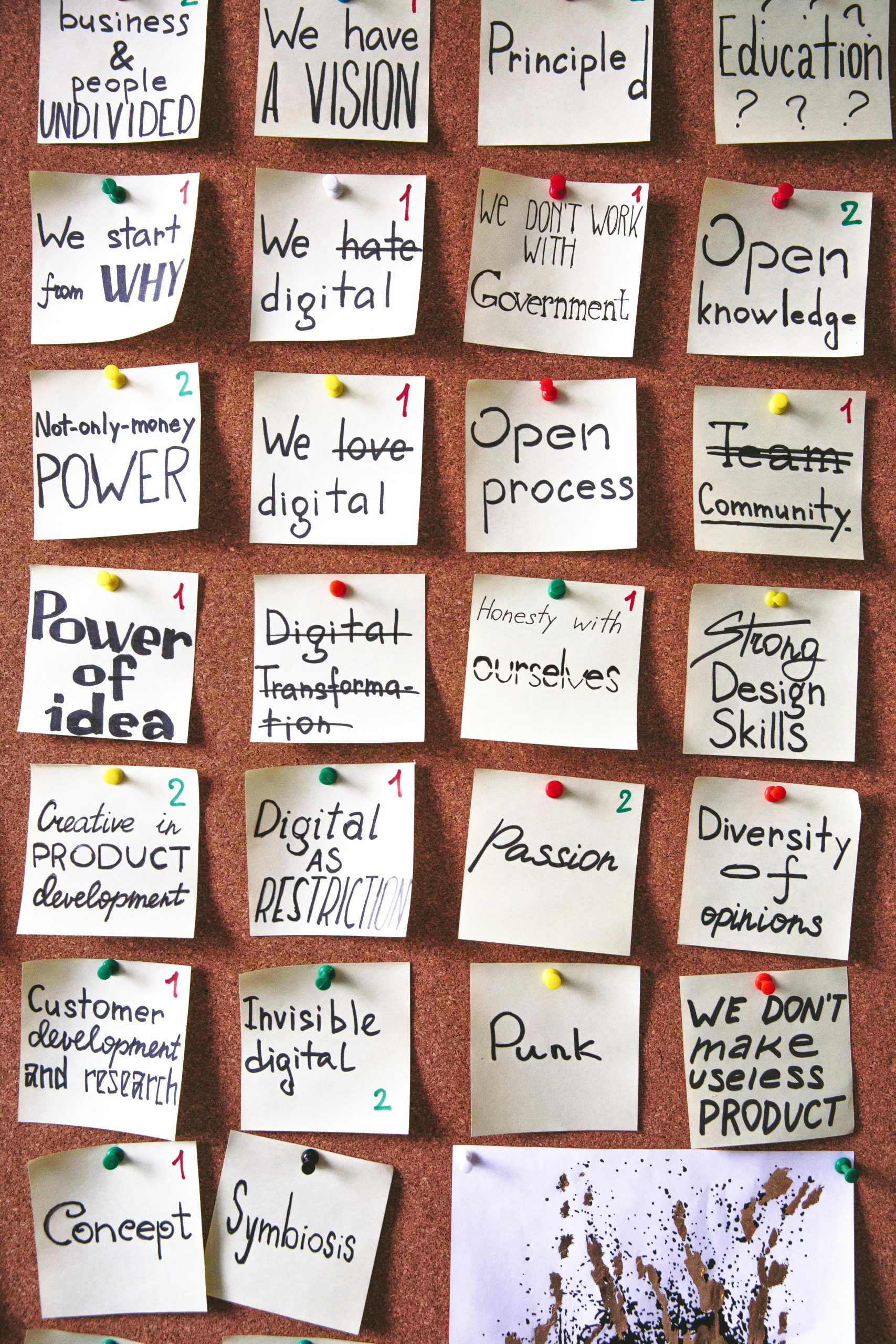Navigating the Corporate Maze: An Unexpected Journey
Have you ever wondered why so many people are drawn to large organizations and corporate positions? As someone who recently transitioned from a small, tight-knit company to a Fortune 500 entity, I found myself grappling with this very question. My experience has been far from pleasant, making me rethink the allure of corporate life.
For the first eight years of my career, I thrived in a small firm with around 200 employees, where the structure was refreshingly flat. The organizational hierarchy typically consisted of the CEO, a manager, and junior team members—three layers at most. It allowed for direct communication and meaningful connections, fostering an environment where everyone contributed to the overall success of the team.
However, upon joining a large corporate organization, I was immediately struck by an entirely different atmosphere. My experience has echoed what I’ve read from countless others on forums like Reddit—a hostile environment where management dynamics felt like a game of telephone. I witnessed team members sabotaging one another’s efforts, excessive gossip, and a prevailing culture of toxicity that contradicted my professional values.
For nearly a decade, I held the belief that work should center around collaboration, support, and collective achievement. Yet, my time in corporate America felt like a stark departure from that ethos. Instead of focusing on driving results and uplifting colleagues, I found myself surrounded by individuals who seemed more interested in undermining each other, spreading rumors, and withholding vital information.
Given the prevalence of these experiences, I’m left wondering: why do people continue to seek out corporate jobs? Is it just me, or do others genuinely wake up excited to devote 20 to 30 years of their lives to this kind of environment?
Joining the corporate world felt like stepping into an alternate reality. While I acknowledge that I’m relatively new to this corporate landscape, I can’t help but feel that the behaviors I encountered are not only counterproductive but also perplexing. Is there truly a rationale behind such conduct that leads organizations to success?
As I reflect on my journey, I seek clarity. Throughout my time at this company, I encountered numerous situations that made me question the norm, yet my peers acted as though this was the status quo. What am I missing? There must be a substantial rationale that makes these toxic practices the accepted way to operate in corporate settings.
If you have insights or have navigated similar paths, I’d love to hear your thoughts. Together, perhaps we can unravel the complexities










One Comment
Thank you for sharing such an honest and insightful reflection on your corporate journey. Your experience highlights a crucial aspect often overlooked: the cultural and structural dynamics that can undermine collaboration and morale in large organizations. Many people are drawn to corporate roles because of perceived stability, benefits, or the allure of career advancement, often without fully understanding the organizational environment they’re entering.
Research shows that organizational culture plays a significant role in employee satisfaction and productivity. Unfortunately, when toxicity, politics, and lack of transparency become normalized, it can erode trust and true collaboration.
To address these issues, some large organizations are increasingly investing in cultivating healthier cultures through leadership development, clear values, and feedback mechanisms. Moreover, individuals can seek out companies with proven track records of strong, positive cultures or advocate for change within their current environments.
It’s also worth considering that the allure of corporate life may be driven by societal narratives about success and stability, rather than the actual day-to-day experience. Recognizing this discrepancy can empower professionals to prioritize environments where they can thrive personally and professionally.
Your reflection prompts important questions about aligning our careers with our values and seeking organizations that foster genuine collaboration. Thanks again for sparking this meaningful dialogue.